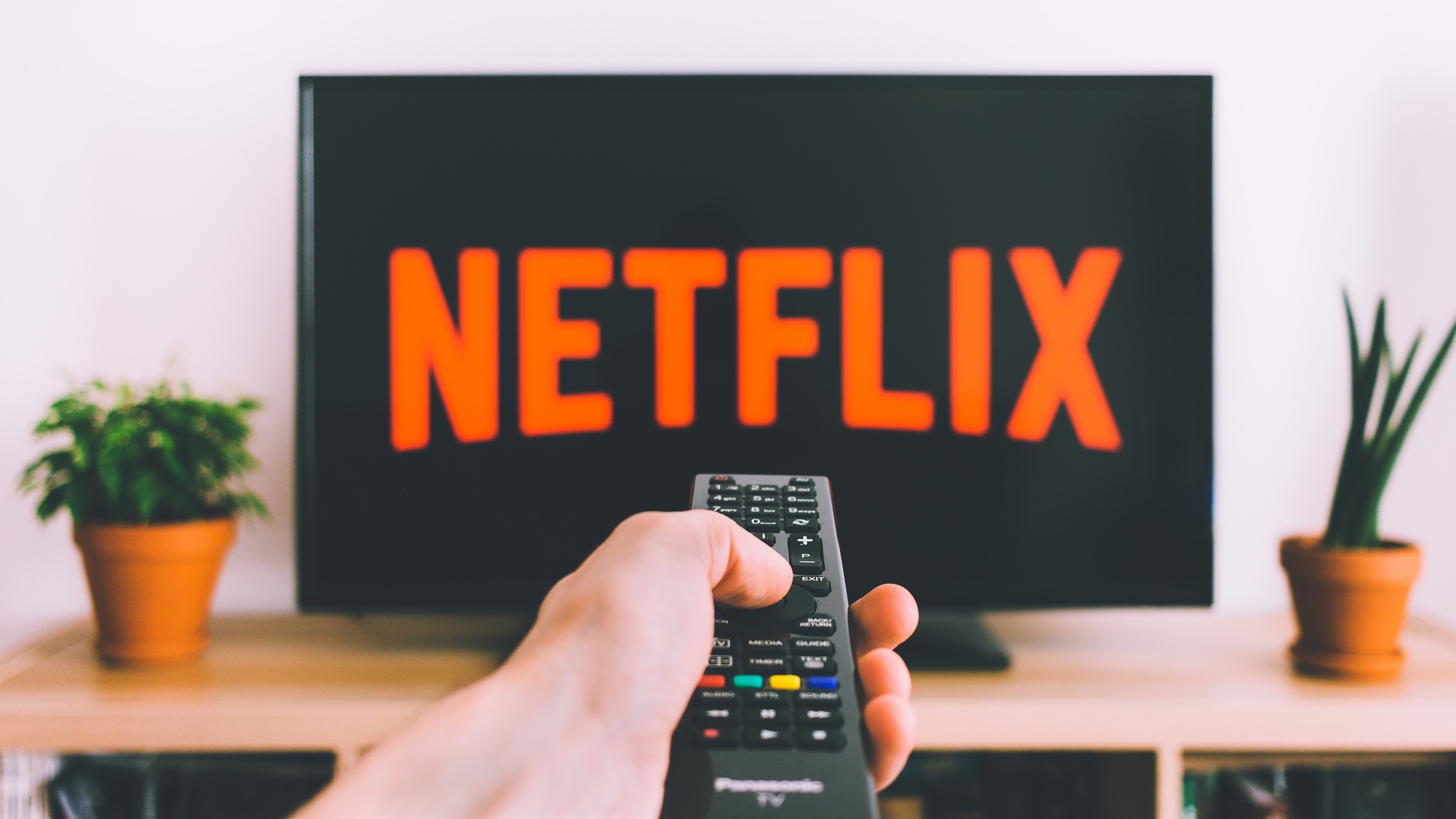
When people stop getting something for free, they tend to get mad. That's why Netflix is warning partners to expect a backlash ahead of the streaming service's password sharing crackdown this summer.
Since a disastrous 2022 Q1 earnings report, the streamer has sought ways to increase its profitability and boost subscriber growth. One solution was the launch of a cheaper ad-supported plan.
Another is the crackdown on password sharing, which is intended to "encourage" users to get their own accounts instead of mooching off Mom. In April, Netflix estimated that more than 100 million households around the world share accounts.
According to the Financial Times, Netflix has met with top U.K. telecom companies that offer Netflix as part of bundled deals on broadband and TV content, including Sky, BT, Virgin Media and TalkTalk.
Those telecom subscribers may get a rude awakening when their Netflix accounts begin charging fees for sharing with friends and family members outside their household. Netflix is alerting the companies that they "are likely to field questions and complaints once the plans are enacted."
How Netflix is cracking down on password sharing
Netflix has indicated it will launch Paid Sharing in Q2 of this year, or by the end of the June. The new "feature" will prompt users to set a specific primary location for their account. Users who want to add additional households will have to pay an extra fee.
Paid Sharing has already been introduced in Latin America, New Zealand, Spain, Portugal and Canada. Bloomberg reported that Netflix lost more than one million subscribers in Spain after the password sharing crackdown.
In an April letter to shareholders, Netflix acknowledged "a cancel reaction" over Paid Sharing. However, the streamer noted that after an initial dip, subscribers in Canada began adding extra member accounts. Executives assured investors that the results have been "strengthening our confidence that we have the right approach."
"[As] we roll out paid sharing — and as some borrowers stop watching either because they don't convert to extra members or full paying accounts — near term engagement, as measured by third parties like Nielsen, will likely shrink modestly," the company said. "However, we believe the pattern will be similar to what we've seen in Latin America, with engagement growth resuming over time as we continue to improve our programming and borrowers sign-up for their own accounts."
Paid Sharing will be broadly rolled out within the next month to the U.S., U.K. and other regions.







